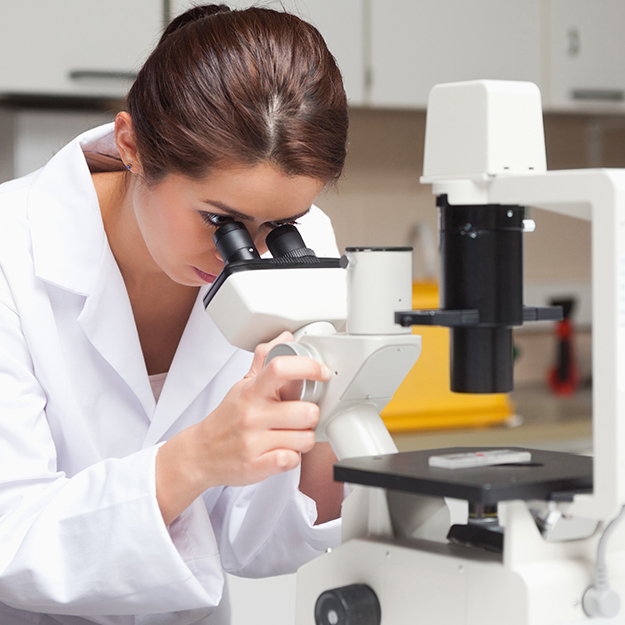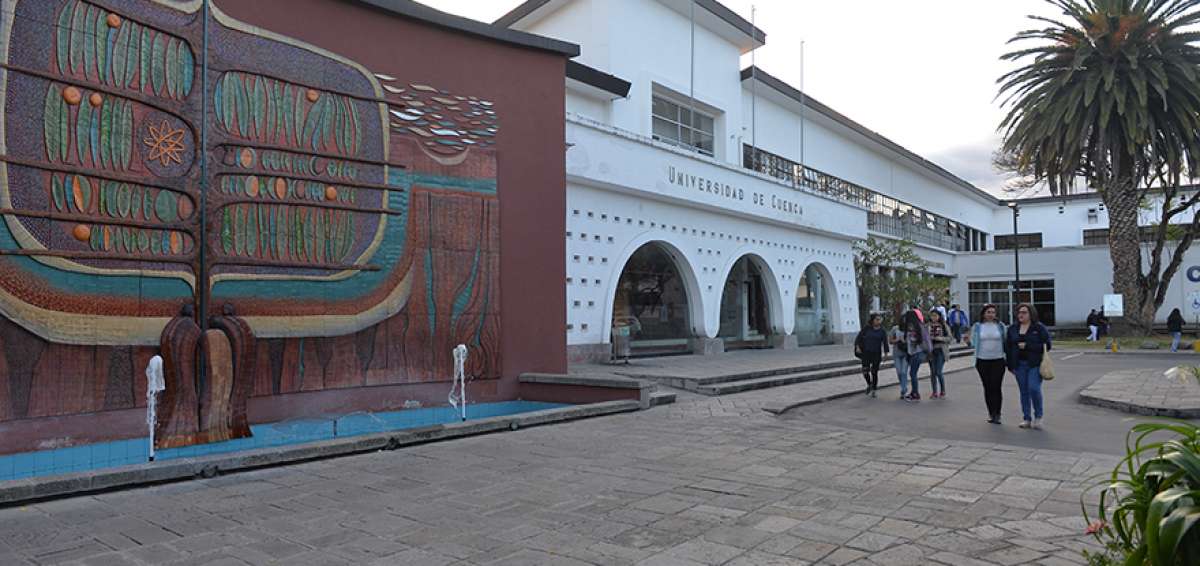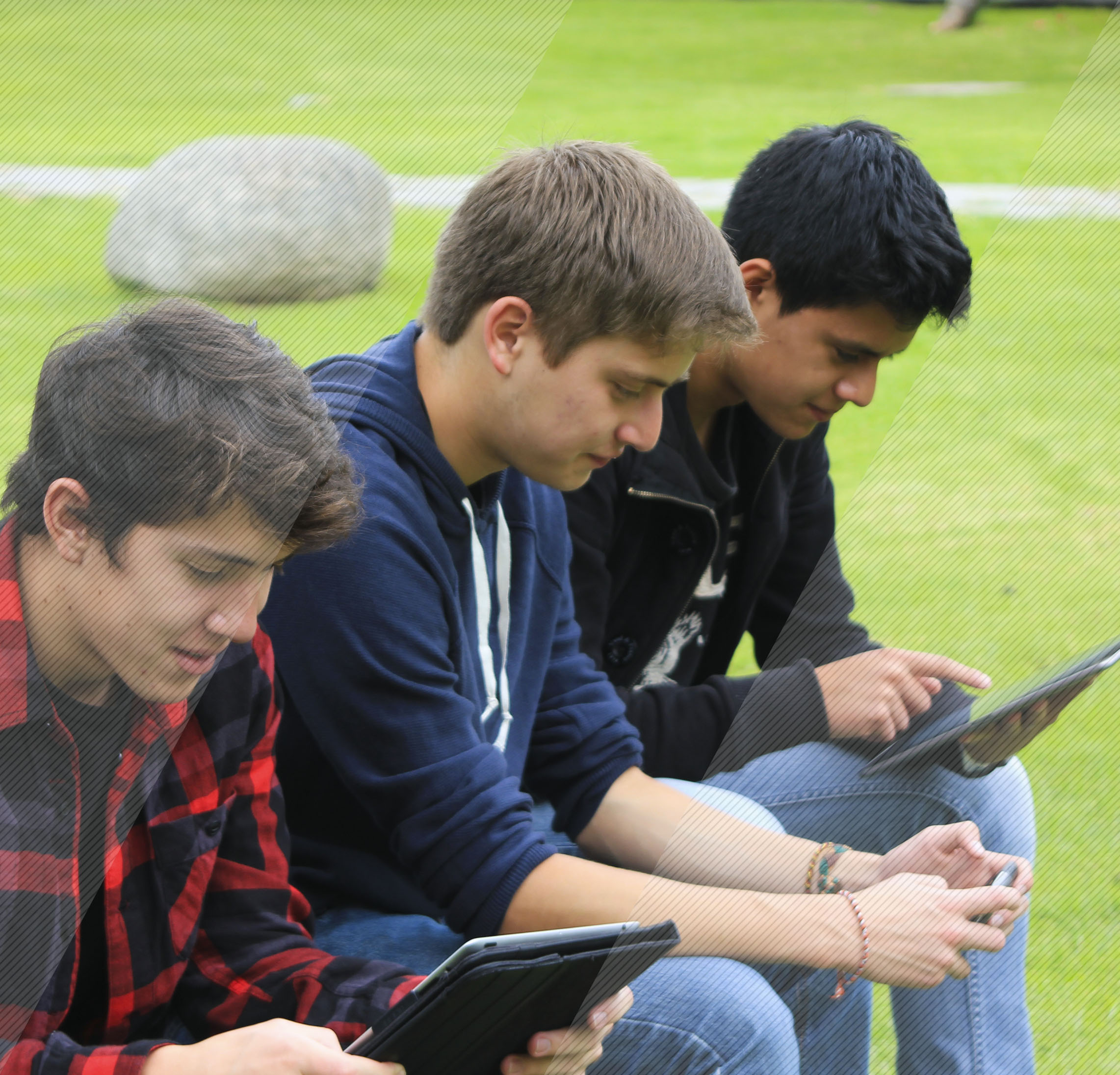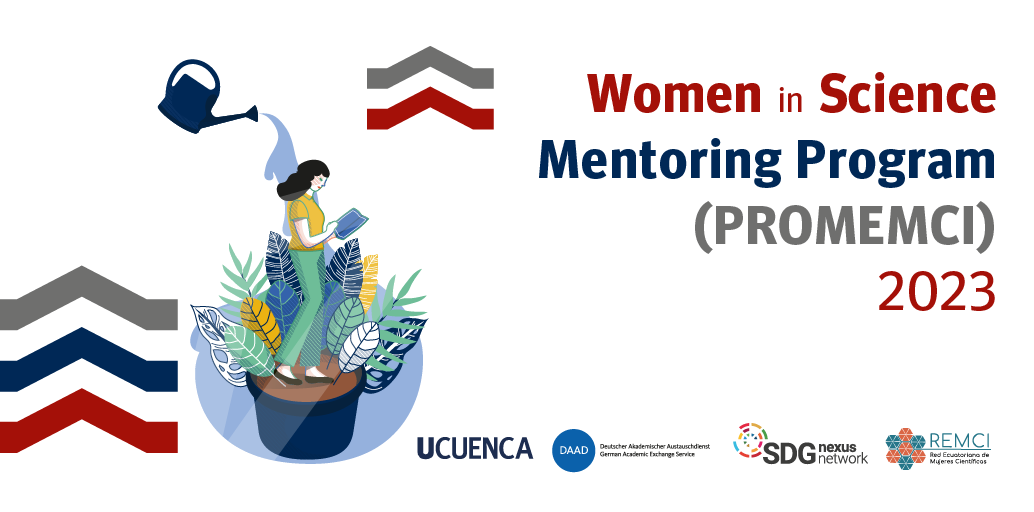
Mentoring program for women scientists
During this period, the number and frequency of mentoring sessions for the mentor-mentee pair has been increased, as well as training workshops focused on assertive communication, soft skills, and leadership for both the mentor and mentee groups. In addition, international mentoring interactions are planned between the mentor-mentees of the first cohort and researchers’ members of the SDGnexus network, with the objective of promoting the early experience of young scientists in an international environment, and the expansion of their vision and academic development.
What is the objective?
The main objective is to promote the permanence of young scientists in the academic environment, and to build a wide network of academics interested in guiding and accompanying master's students and doctoral candidates, as well as early career researchers and research assistants, in order to facilitate the advancement of their academic careers.
Who can apply to PROMEMCI?
Master's and doctoral students, young professionals starting their scientific careers, research technicians, and research assistants at the University of Cuenca.
Important dates
The program will run from September through December 2023. The application period to participate as an international mentor begins on August 1st and runs until August 28, 2023.
Matching period and notification for selection: September 04-06
Welcoming workshop: September 15
Program evaluation and closure: December 12
Need more information?
You can write to us at: mentoria.ciencia@ucuenca.edu.ec

Scientific mentoring is part of new educational models that seek to provide comprehensive, flexible, and interdisciplinary development of scientists in training, promoting their integration into the professional and academic spheres. In this context, the Vice-rectorate of the University of Cuenca together with the international project SDGnexus Network, executed by the Department of Water Resources and Environmental Sciences (iDRHiCA), has developed the Mentoring Program for Women Scientists (PROMEMCI). The main objective of the program is to motivate young female scientists to immerse themselves in the academic environment and to build a wide network of academics interested in mentoring and supporting master's students and doctoral candidates, as well as early-career researchers, teaching assistants, and research assistants, in order to facilitate their advancement in their academic careers.
Application Process
The program has a maximum of 20 places available for mentees. If you are selected, you will be matched with a mentor that fits your professional focus, but this is not guaranteed, as we will have mentors from different areas of research. In the event that your mentor is from another area of research, he/she will still accompany and train you in the development of your professional skills and connect you with colleagues in the area of your academic interest.

International Mentors application
Deadline for application: August 28

Matching period and notification for selection
September 04-06
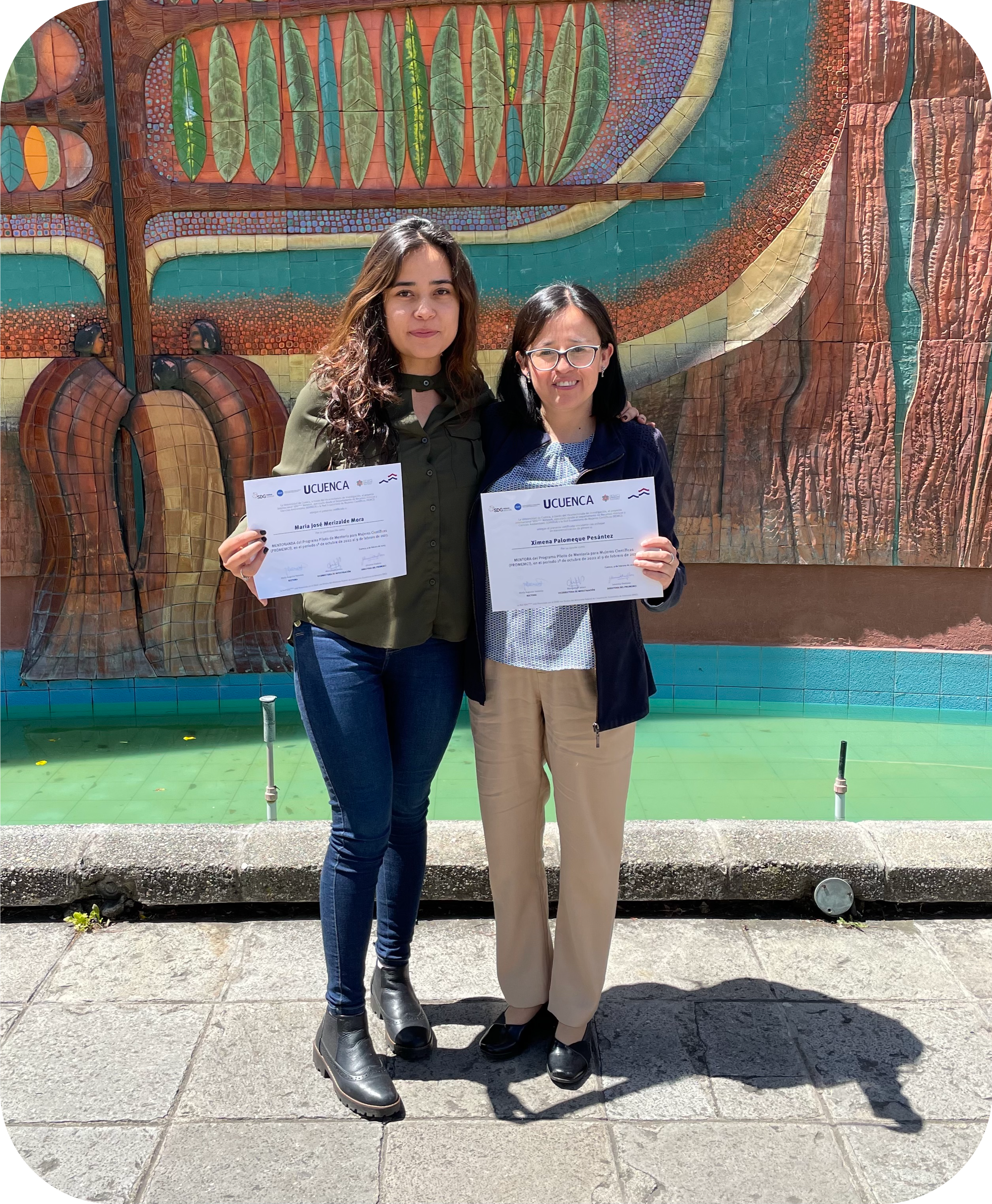

Welcoming workshop:
September 15

Program evaluation and closure
Gender focus
In pursuit of increasing the participation of women in science and their permanence throughout their careers.
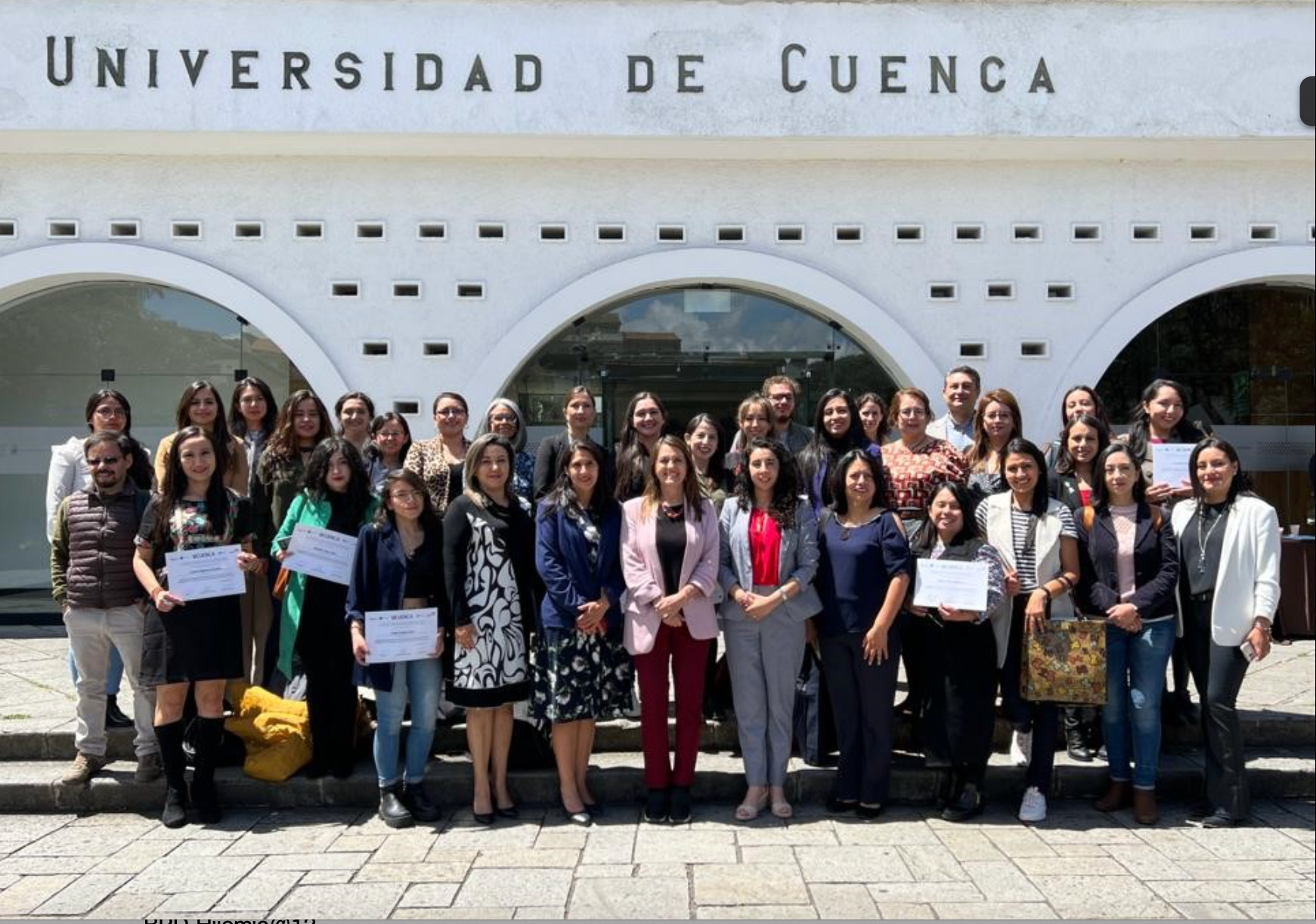
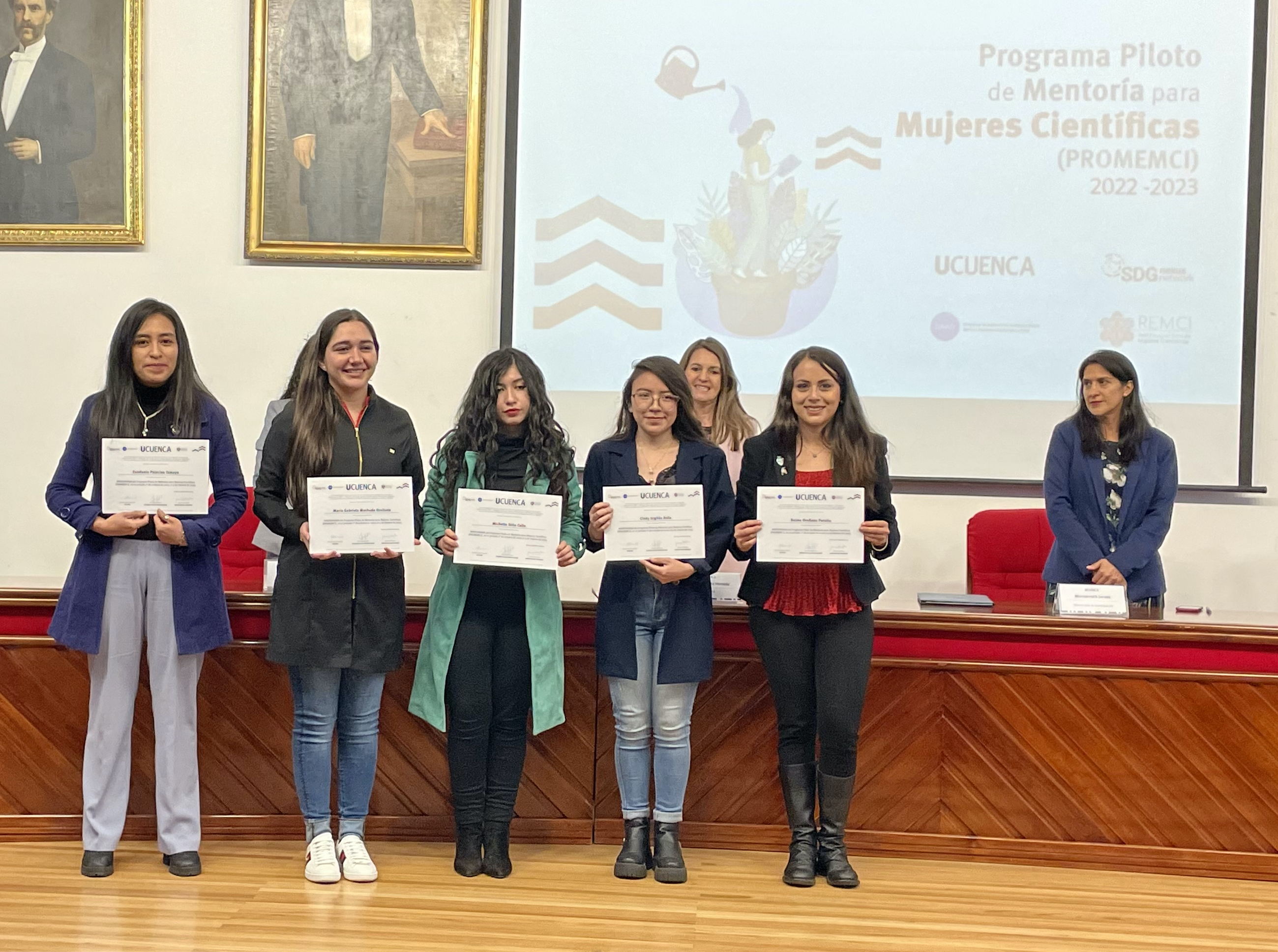
Other important obstacles are the difficult work-family balance, mainly linked to motherhood, and serious issues such as harassment or sexual assault, which are situations that women face in their professional environments (Salazar et al., 2020; Ghertner, 2021; Maldonado and Schulzen, 2021).
In Ecuador, there are few studies on gender equity in academia (Almeida-Guzmán and Barroso-Gonzáles, 2020; Padrón, et al., 2021). Therefore, there is a significant lack of information about the national and local reality, as well as the need to investigate: (i) the visible and invisible factors that sustain the gender gap in research, and (ii) the necessary changes to eliminate the conditions that limit the development of women scientists in academia.
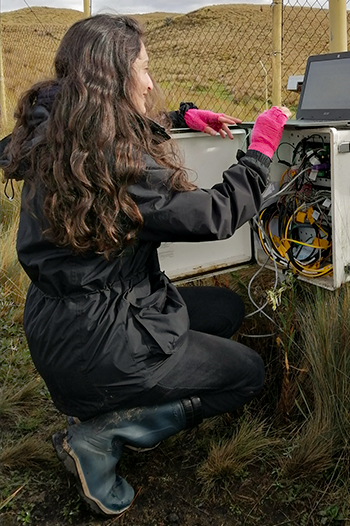
Mentoring for women scientists
Scientific mentorship entails a voluntary interaction in which a mentor guides and supports a mentee in their personal and professional development. The mentor, equipped with valuable experience and knowledge in the academic field, shares insights, transfers knowledge and offers guidance to foster professional growth and maintain a healthy work-life balance.
The PROMEMCI will be held for seven months and is aimed at female students (mentees) of masters, doctorate, postdoctoral researchers, and professors in early stages of their careers, research technicians, teaching technicians and research assistants, who will have the opportunity to interact with professionals who have extensive academic experience within the University of Cuenca.
- It is a voluntary interaction between a more experienced professional (mentor) and a less experienced one (mentee).
- The mentor-mentee relationship adheres to guidelines encompassing behavior, confidentiality, agreements, and mutual respect.
- Mentorship acts as a tool to empower the mentee with motivation, enthusiasm, and the ability to adapt to the academic environment, facilitating their integration into professional life.
- It establishes a platform for fostering interaction and collaboration among researchers.
- Mentorship catalyzes knowledge transfer, mutual learning, and comprehensive personal and professional development.
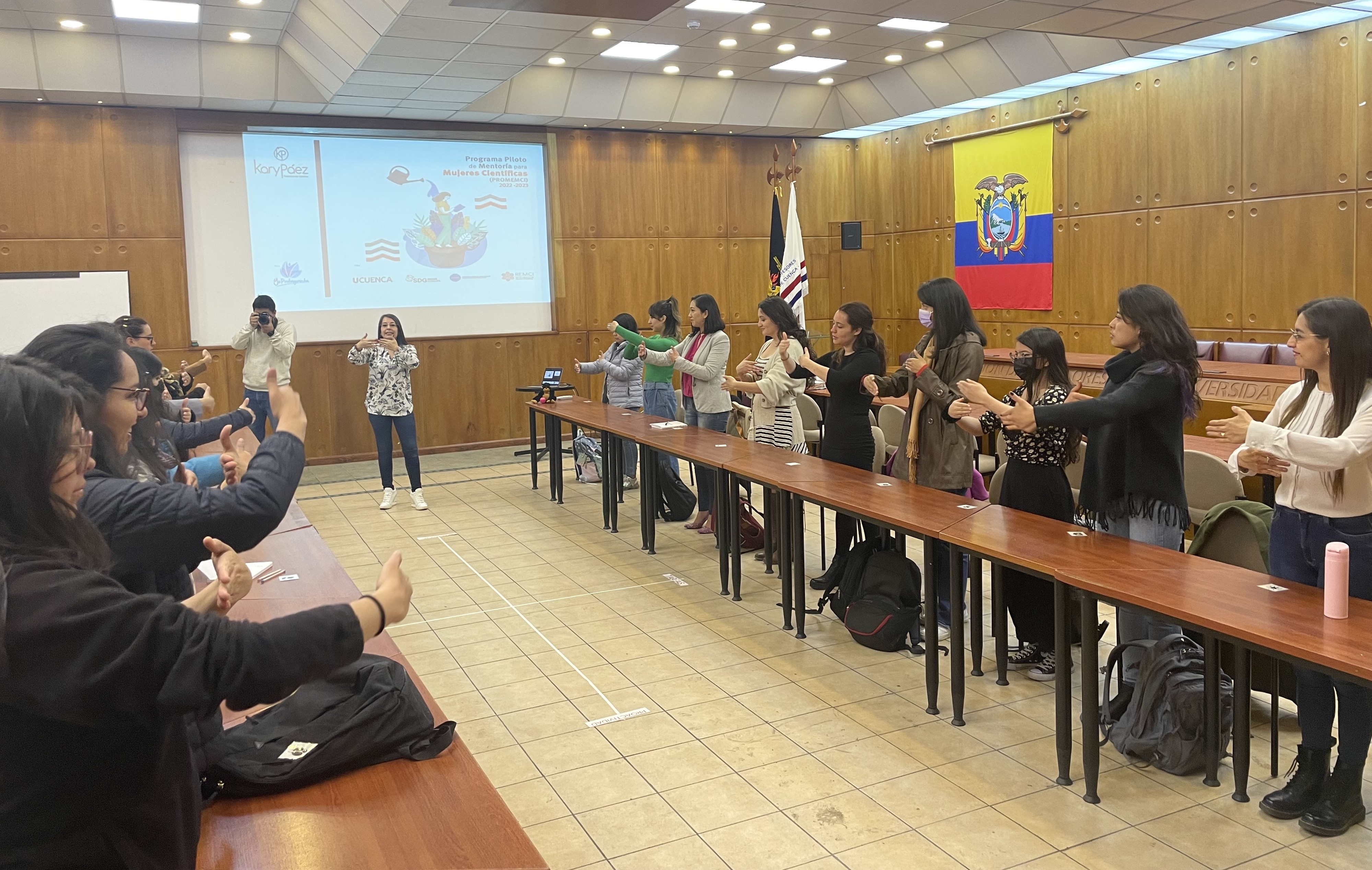
Mentoring Overview
The international component of the academic mentoring program will run from September through December 2023. The call for applications for international mentors begins on August 1 until August 28, 2023. The first week of September, participants will be selected, and mentor-mentee pairs will be formed, and at the end of the month the first of four mentoring sessions will begin. We recommend a session of at least one hour every three weeks. The mentoring session dates should be agreed upon at the beginning of the mentoring and may be rescheduled as needed and by mutual agreement. The mentee will be responsible for confirming and arranging the mentoring sessions. We recommend that these sessions be conducted in person, however, they may be conducted remotely. A manual will be provided to both the mentor and mentee to facilitate and guide the mentoring sessions. All personal and professional information shared during the sessions will be protected by signing a confidentiality statement at the beginning of the program. We will follow up on the mentoring sessions and provide support as needed to ensure that these encounters are as fruitful as possible. In December 2023, we will conclude with an evaluation of the program in which we will share the successful practices, challenges and lessons learned by mentors and mentees.
Mentoring sessions will be conducted in person or online. For face-to-face sessions, meetings will be scheduled during working hours and preferably on the university campus or public spaces (e.g. libraries, cafeterias, etc.). In the case of remote meetings, they will be conducted through platforms that allow video conferencing (e.g. Zoom, Google Meet, Cisco, Webex, etc.). Mentoring sessions may be recorded, at the request of the mentee, in order to review recommendations or information provided during the session.
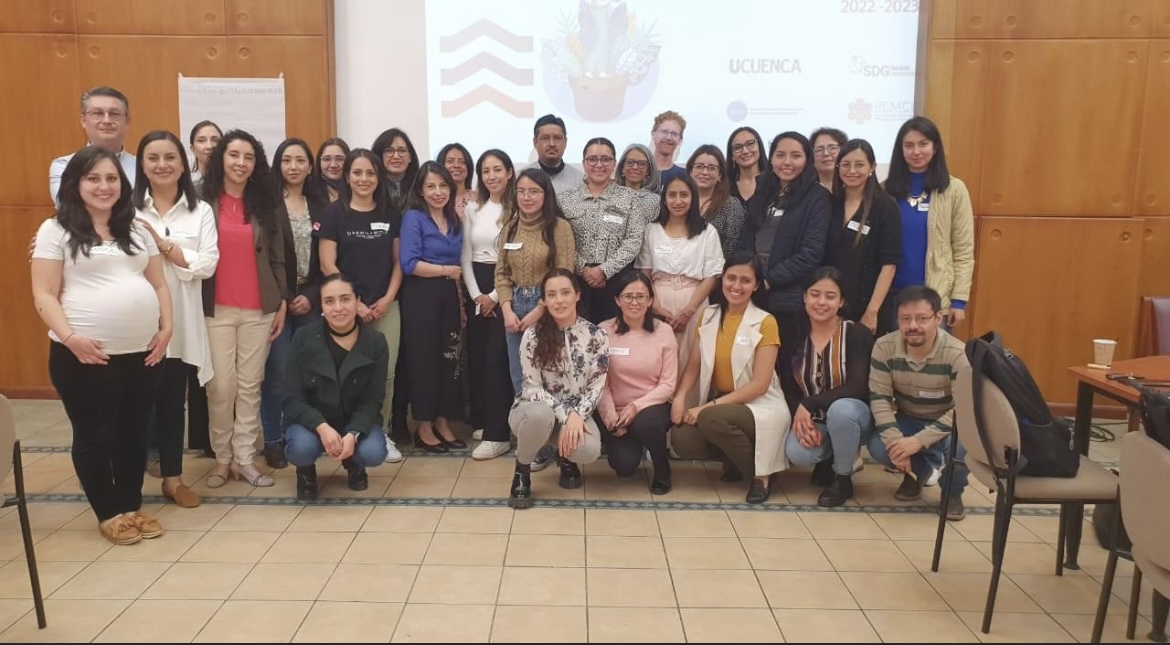
Mentees and their mentors will contact each other preferably by e-mail for the exchange of information and the scheduling of meetings. Mentor-mentee meetings should be held from Monday to Friday during working hours.
Telephone contact or direct messages will be used only in cases of emergency or eventuality, which prevent attendance at the mentoring sessions of this program.
The privacy of mentors and mentees, as well as the conversations between both parties, will be protected at all times.
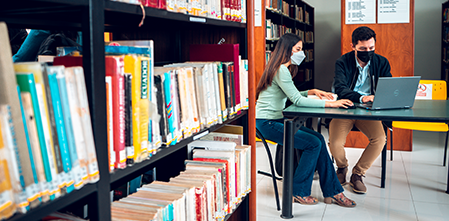
What is expected of you as a mentor?
The mentor is an academic who has solid experience in the field of research, and is interested in sharing his experiences and knowledge with a person with less experience, who in turn has the motivation to potentiate his talent on a professional and personal level. Mentors are invited to participate on a voluntary basis, and are selected based on their professional career.
In general, the mentor is expected to be able to:
- Share your personal experiences, both successes and failures, and provide valuable recommendations to assist their mentees.
- Identify solutions and opportunities that help mentees navigate their academic goals and challenges.
- Foster critical thinking and reflection in mentees, encouraging.
them to explore different perspectives.
- Engage in active listening, approaching mentees' concerns and
ideas with an open mind and without judgment.
- Demonstrate empathy towards mentees' experiences, creating a supportive and understanding environment.
- Maintain confidentiality and adhere to the established boundaries of the mentoring program, ensuring a safe and trustworthy environment.
- Honor the agreed-upon time and frequency for mentoring sessions, respecting the mentees' time commitments.
- Remain open to giving and receiving feedback from mentees, recognizing that mentoring is a two-way learning process.
- Embrace mentoring as a valuable opportunity for personal growth and lifelong learning.
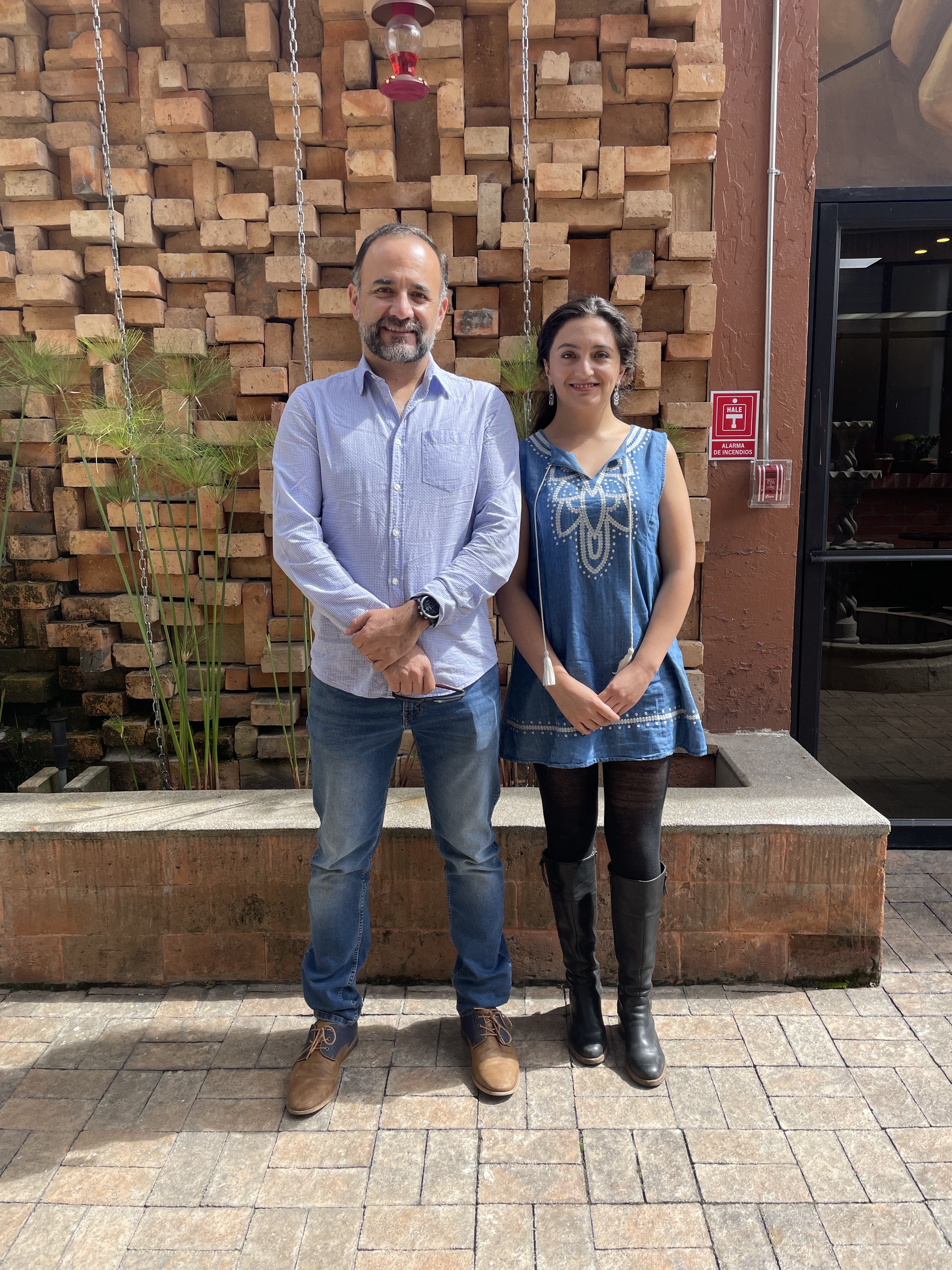
The mentor should dedicate approximately eight hours to this program over four months, which will be distributed among the following activities:
- Welcome workshop for the international mentorship: 1 hour
- Training workshops for mentors: 2 hours
- Four mentoring sessions of approximately one hour each: 4 hours
- Program evaluation: 1 hour
All mentors will receive a manual that will serve as a basic guide for the mentoring process. Additionally, the coordinating team will provide timely and direct support throughout the program.
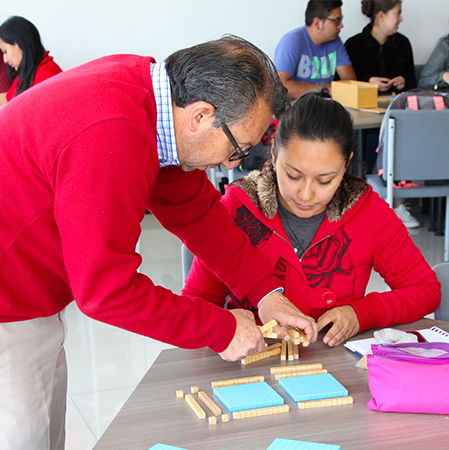
- Obtain a binding certificate granted by the Vice-Rectorate of Research.
- Support the development of new female scientists.
- Increase and diversify professional networks by exploring new connections with the mentee.
- Apply interpersonal and leadership skills through communication and active listening.
- Contribute to reducing the existing gender gap in academia.
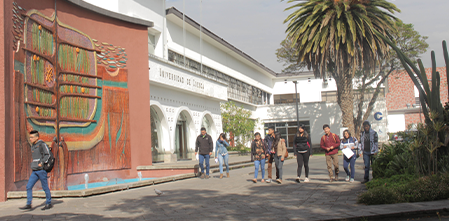
Who is the mentee?
The mentee is the protagonist of the mentoring program, which is focused on providing guidance and training to master's students and doctoral candidates, as well as professors who are starting their careers, research technicians, teaching assistants, and research assistants. They are interested in developing their professional skills, facing new challenges, and assuming increasing responsibilities within the academic field. In this sense, the mentee is the person who voluntarily decides to receive help and support from an experienced individual (mentor) to acquire specific skills and experiences for their personal and professional development.
- Take responsibility for your own learning and personal development.
- Embrace new challenges for your personal and scientific growth.
- Receive constructive feedback from the mentor with respect.
- Have realistic expectations that can be shared and agreed upon during the program.
- Be responsible for organizing mentor-mentee sessions within the agreed-upon time and frequency in the mentoring agreement.
- Maintain the time boundaries and confidentiality outlined in the program.
- Dedicate time and energy to the mentoring interactions.
- Foster a dynamic and reciprocal relationship with the mentor based on respect and cooperation.
The mentee is free to implement the suggestions received from their mentor. However, they have the responsibility to fulfill the agreements established in the mentoring sessions and the program's obligations.
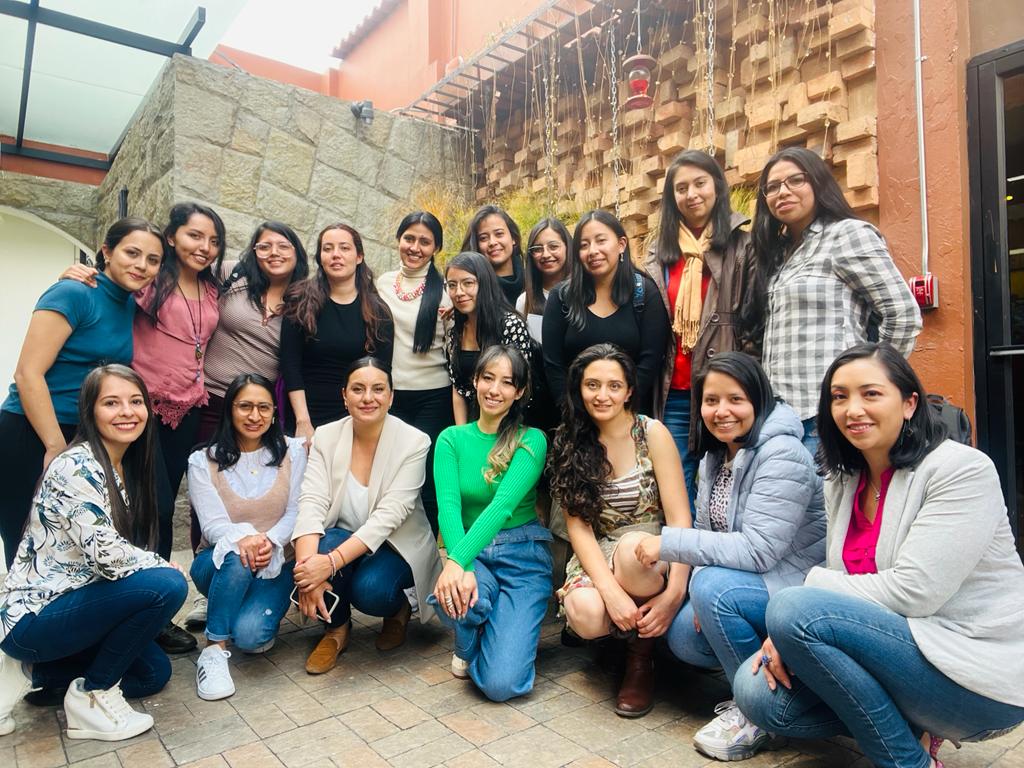
The mentee will participate for approximately 13 hours over four months, which will be distributed as follows:
- Welcome workshop and formation of the mentor-mentee pair: 2 hours.
- Training workshops for mentees: 3 hours.
- Four mentoring sessions of approximately one hour each: 4 hours.
- In-person or virtual meetings to follow up on the mentoring program sessions: 2 hours.
- Program evaluation: 2 hours.
A manual will be provided to the mentee as a guide during the program. However, we will be close to them, monitoring the interactions with their mentor through direct dialogue and evaluating the sessions through an online post-meeting form. The form will not request details about the meeting itself as they are highly confidential, but rather generalities that will allow us to assess the effectiveness and impact of the mentoring sessions. Additionally, we will be attentive to providing you with the necessary support during the program's development.
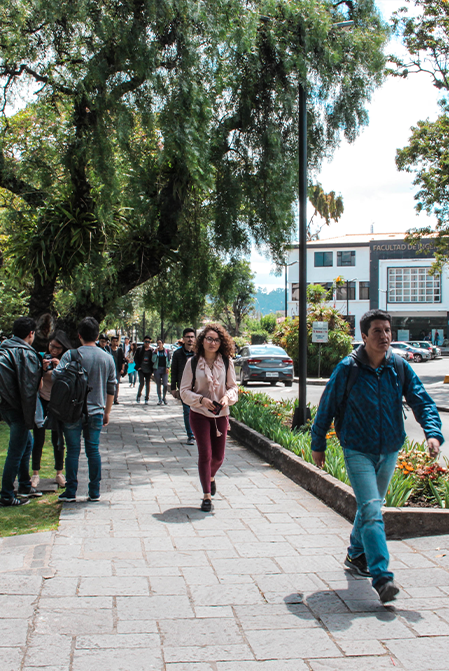
- Obtain information, advice, and guidance from someone with extensive academic experience.
- Receive clear perspectives and unbiased feedback on your academic goals and future plans.
- Practice and develop workplace skills.
- Discover new contacts, connections, and professional networks.
- Gain realistic and firsthand information about career paths, programs, projects, and work environments.
- Build self-confidence and gain experience in professional settings.
- Acquire important tools for assertive communication and formative career guidance.
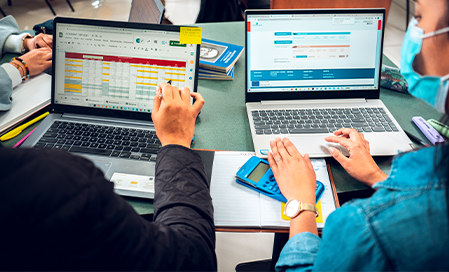
International Cooperation
PROMEMCI started in October 2022 and is currently running the programme with a second cohort of mentors. After this successful experience, PROMEMCI is now promoting its internationalization phase. At this stage, pairs made up of mentor-mentees from the first cohort and international mentors will work virtually.
FAQs
Scientific mentoring is defined as a voluntary interaction in which the mentor guides, shares experiences, transfer knowledge, and offers guidance for the professional and personal growth of a mentee. The mentor does not fulfill the role of a tutor, thesis advisor, or supervisor for the mentee's academic responsibilities, as their focus is on providing guidance and support to navigate the various stages of academic development successfully.
News
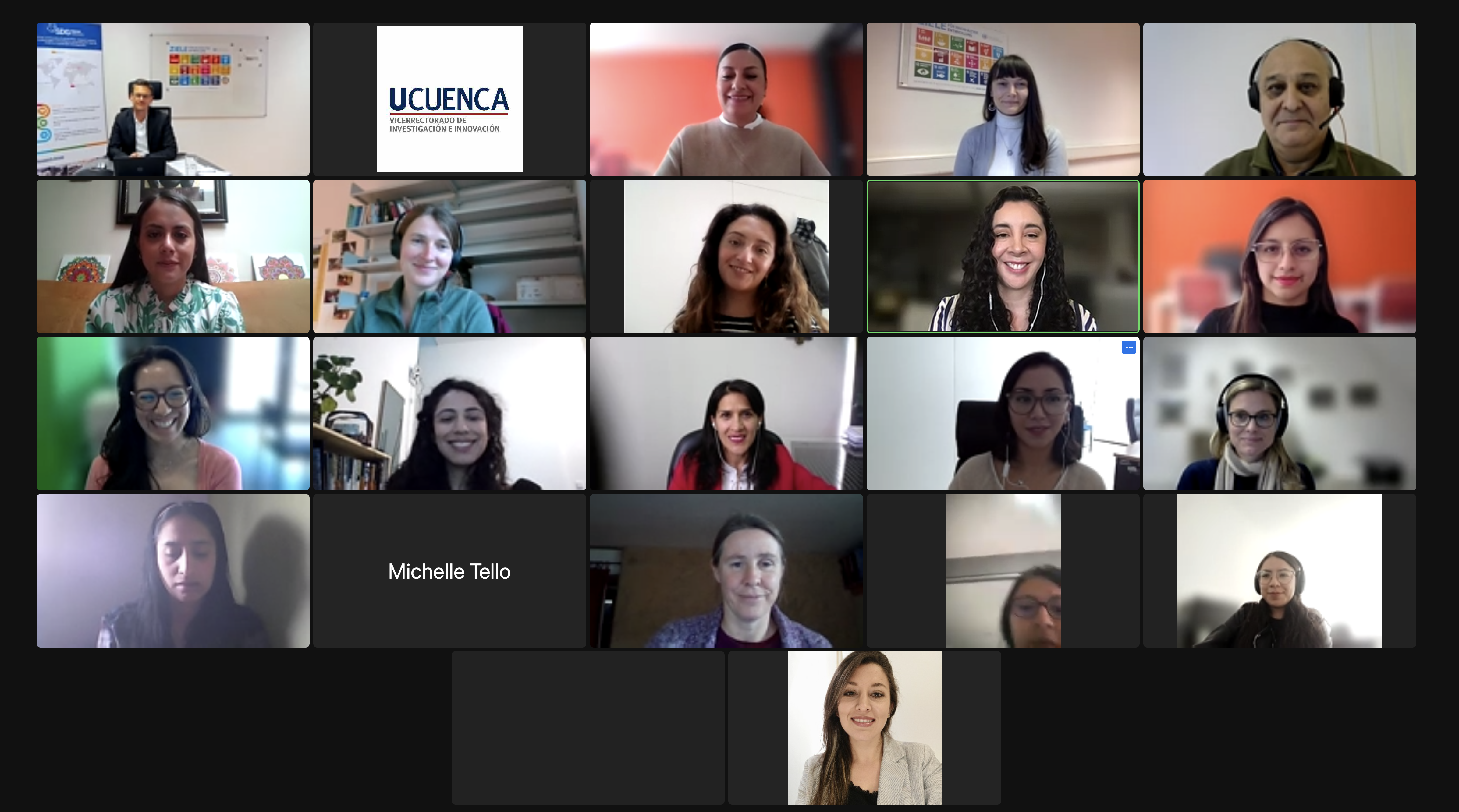
Closing event PROMEMCI International 2023: Empowering Women in Science and Research
The effort for women to carve out spaces in the field of science and research has not been an easy task; it has demanded extensive effor

The international phase of PROMEMCI 2023 was inaugurated
An exemplary initiative to replicate in other countries.
Read More 632


